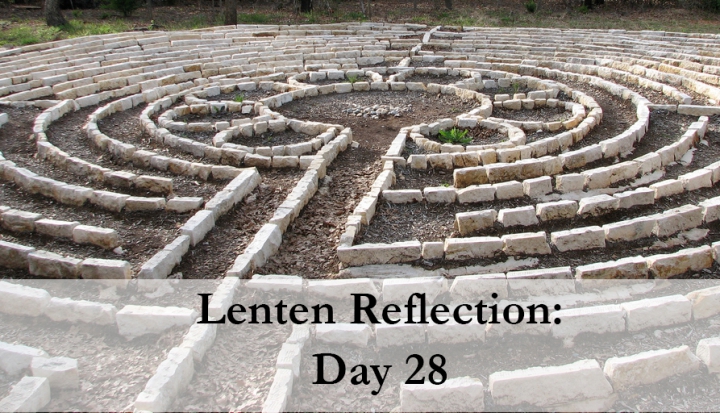Looking for a daily devotion for Lent? Every day (minus Sundays), U.S. Catholic will bring you words of wisdom and questions for reflection from different spiritual writers, from C.S. Lewis to Henri Nouwen. Click here to get these messages of hope delivered to your inbox daily!
Ronald Rolheiser, O.M.I.: Mourning our losses
Perhaps the greatest spiritual and psychological challenge for us once we reach mid-life is to mourn our deaths and losses. Unless we mourn properly our hurts, our losses, life’s unfairness, our shattered dreams, our radical inconsummation, and the life that we once had but that has now passed us by, we will live either in an unhealthy fantasy or an ever-intensifying bitterness.
Spiritually we see an illustration of this in the story of the older brother of the prodigal son. His bitterness and unwillingness to take part in the celebration of his brother’s return points to what he is still clinging to—life’s unfairness, his own hurt, and his own unfulfilled fantasies. He is living in his father’s house, but he is no longer receiving the spirit of that house. Consequently he is bitter, feels cheated, and lives joylessly. . . .
Thus we have a choice: We can spend the rest of our lives angry, trying to protect ourselves against something that has already happened to us, death and unfairness, or we can grieve our losses, abuses, and deaths and, through that, eventually attain the joy and delights that are in fact possible for us.
The choice is really a paschal one. We face many deaths within our lives, and the choice is ours as to whether those deaths will be terminal (snuffing out life and spirit) or whether they will be paschal (opening us to new life and new spirit). Grieving is the key to the latter. Good grieving, however, consists not just in letting the old go but also in letting it bless us. (The Holy Longing: The Search for a Christian Spirituality, Doubleday)
Reflection questions
1. What do you need to mourn? How will you let go?
2. Why do you think humans tend to obsess over the past? Does this ever hamper us from enjoying the present and the future?
3. Where is God in this reflection? In the pain, grief, and loss, where is God? How about in the joy of the future?
Rolheiser is a Missionary Oblate of Mary Immaculate and writes a regular newspaper column on spirituality. He lives in Canada.









